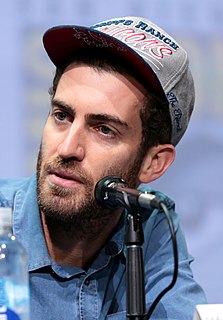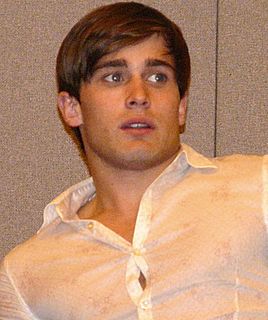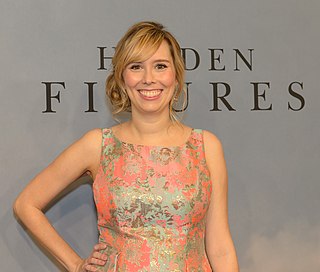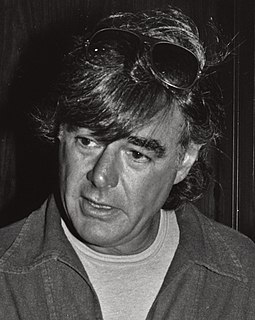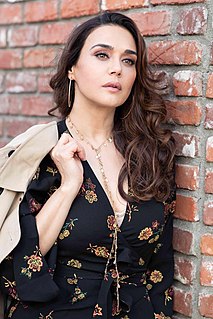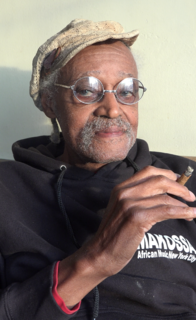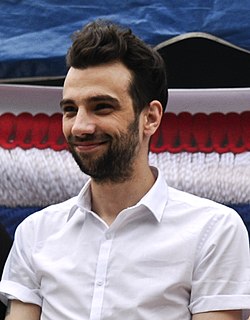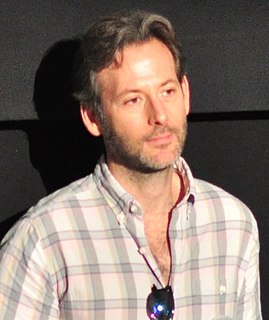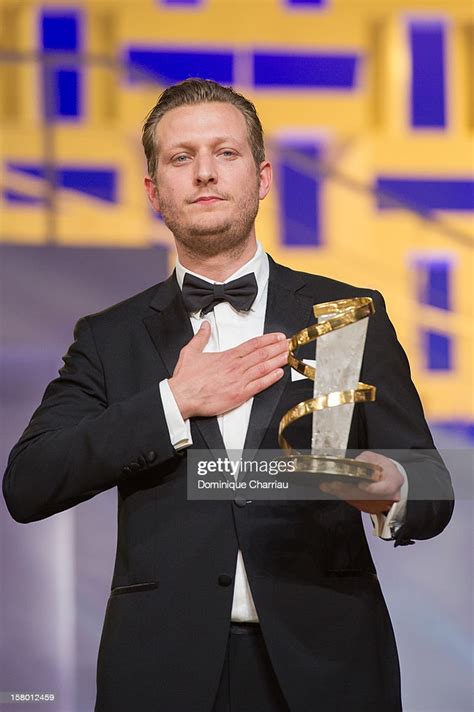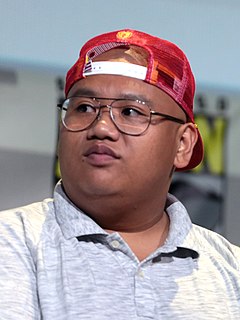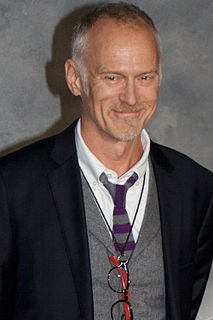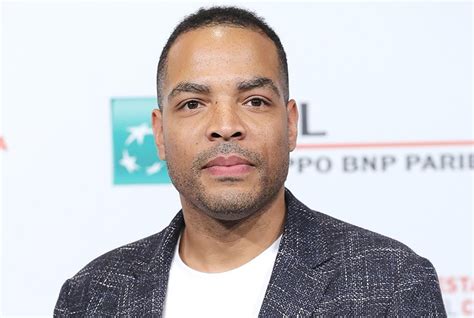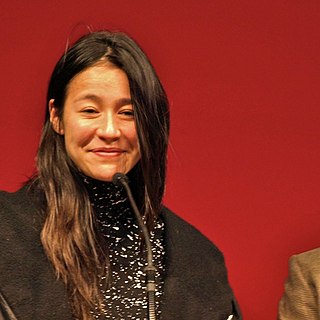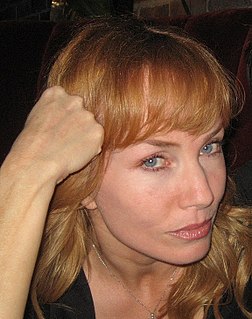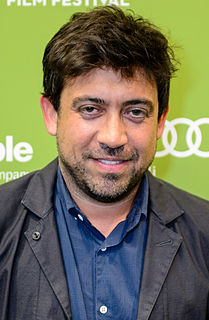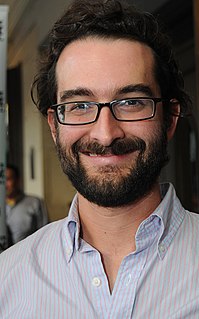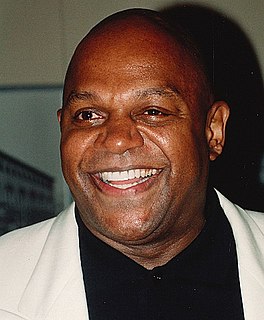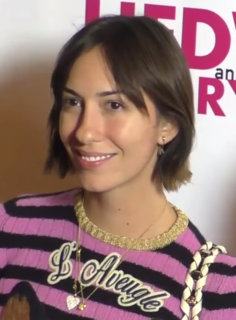Top 1200 Film School Quotes & Sayings
Explore popular Film School quotes.
Last updated on November 8, 2024.
I grew up doing plays - I went to a stage school after school - and it's always something that I've wanted to do, but, in a weird way, if you do television and film and you didn't go to drama school and don't have a theatrical background, it's hard to get your foot in the door. In the same way that it is for theater actors to get into television and film. There's a weird prejudice that goes both ways.
I went to graduate film school at NYU, and at first I didn't get a degree, because I took a scholarship that was supposed to pay my tuition, and I used it to make a film. For the longest time, I never actually graduated. And about 70 percent of the things I learned there I had to unlearn, but 30 percent was really valuable. It's like Mark Twain said, "Don't let school get in the way of your education."
I applied [to film school] figuring, "I need to find some structure for myself. I need to find a way to figure out what kind of filmmaker I want to be." And that is what film school provides you with. It'll teach you the basics of how a production works and the technical side of how to put everything together, but you could also learn that by working on film sets.
I run my own film school, the Rogue Film School, and I do it over three and a half days, eight hours non-stop everyday; alone, single-handedly. But the difference is in the Rogue Film School I do have real human beings in front of me from all over the world, and of course there's this course as well, they can ask, talk about their problems and obstacles, finances, anything, you just name it. Whereas in the Masterclass, you are speaking to cameras.
